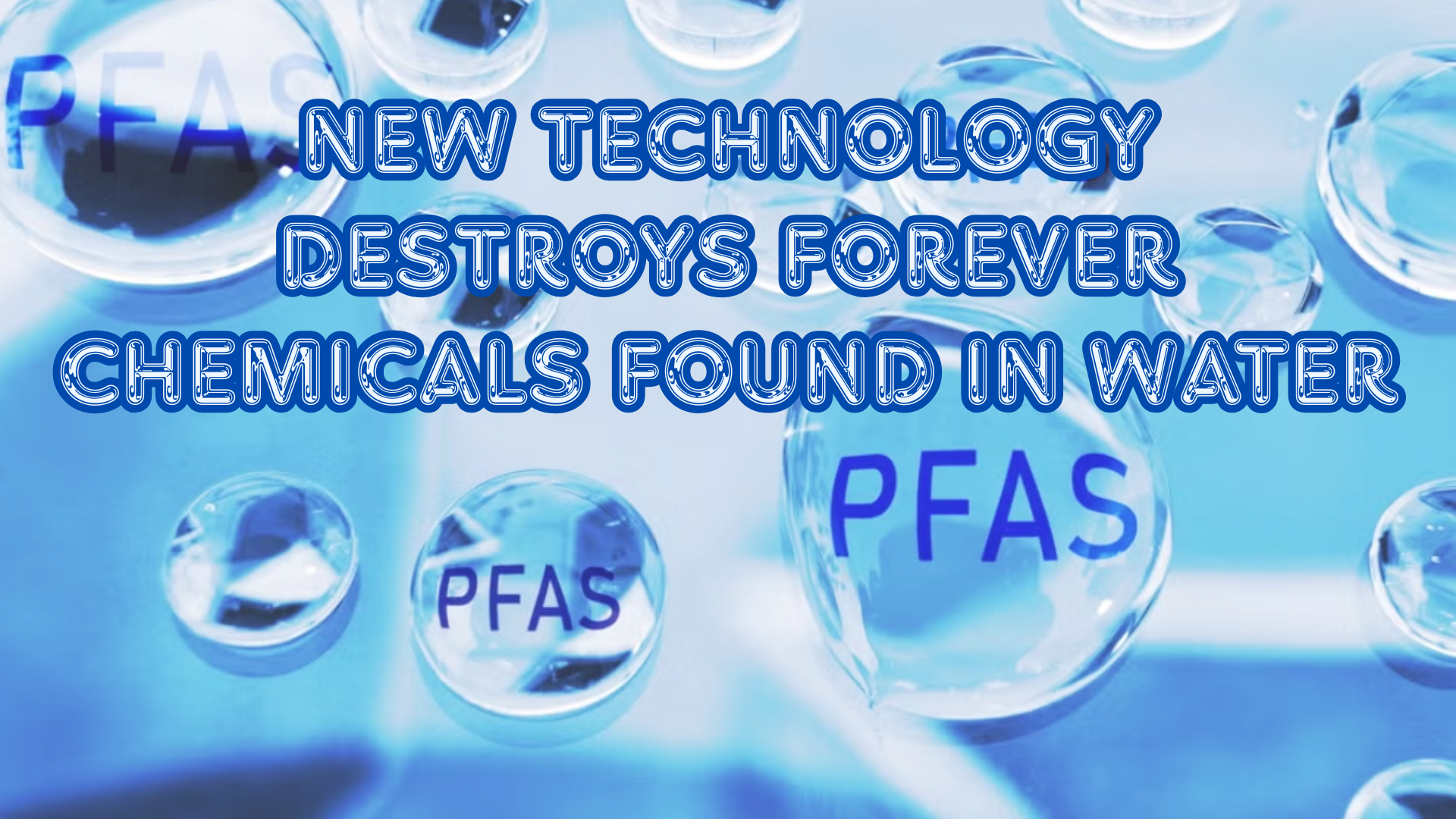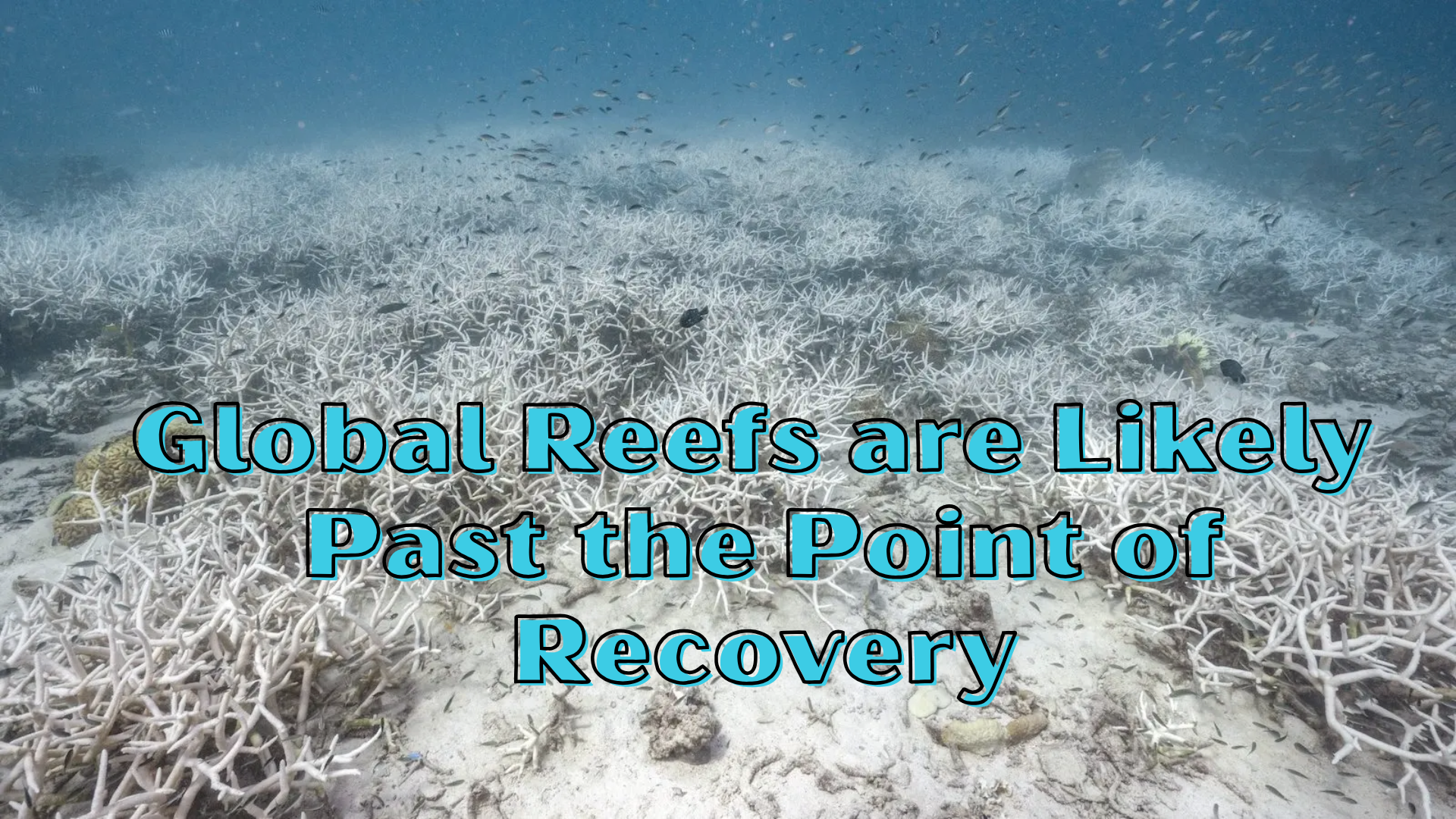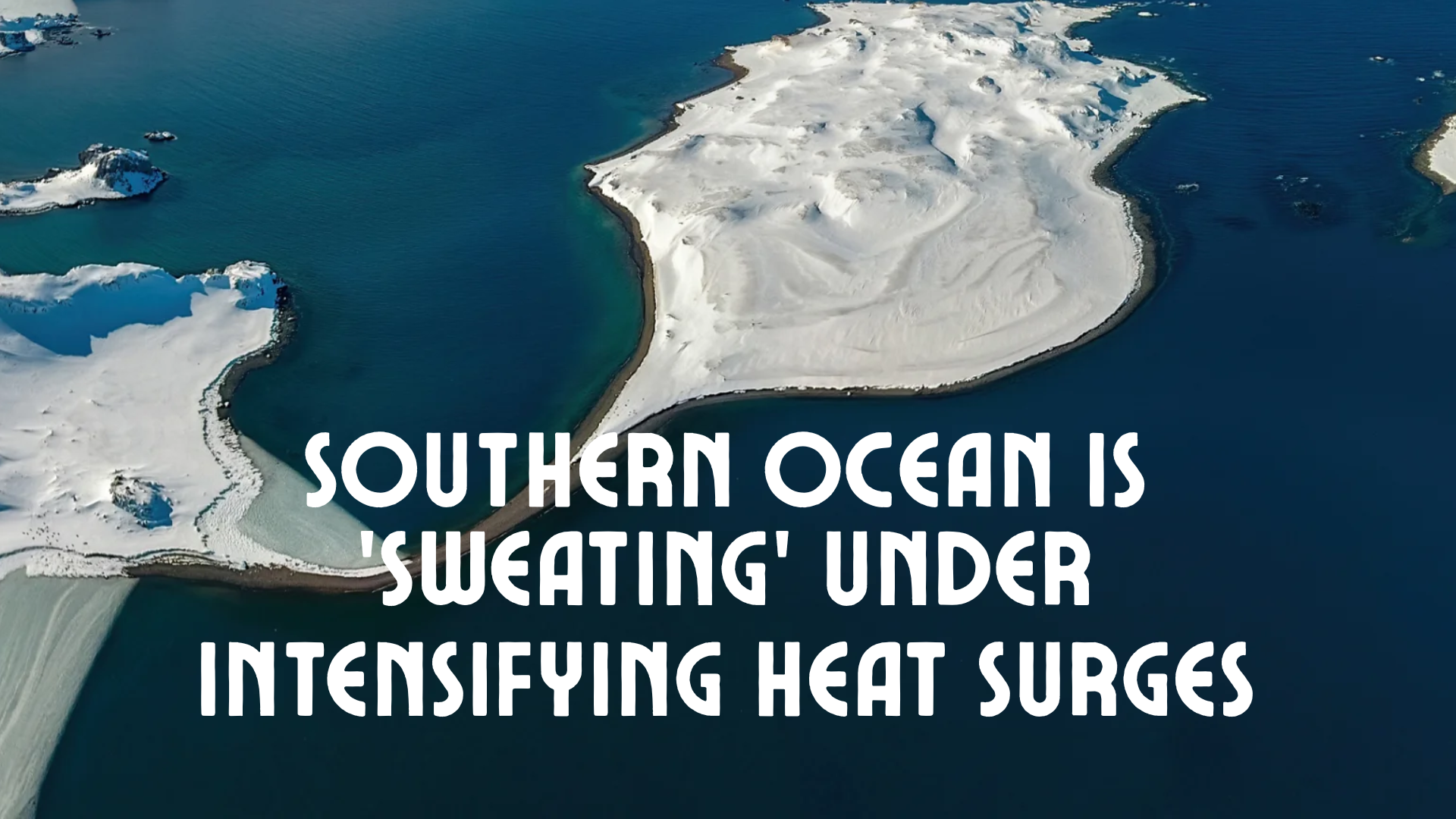PAHs From Toxic Scrubbers Endanger Sea Turtles

.png)
With the release of movies like Finding Nemo and Teenage Mutant Ninja Turtles, sales of adorable, “crime-fighting” pet turtles skyrocketed. But as quickly as they were sold, they were returned or abandoned and thrown (illegally) into rivers and other bodies of water. This is just one of the several devastating human activities that have impacted the turtle population.
Ship activity along the shoreline and throughout the ocean such as the dumping of toxic scrubber washwater has significantly impacted six of the seven species of sea turtles contributing to their declining populations and their classification as (critically) endangered.
In efforts to save these beautiful marine reptiles and overall aquatic species, and reduce emissions impacting sea conditions, scientists look to sea turtles for their studies involving oceanic chemical contaminants. Juvenile sea turtles especially are good bioindicators of environmental health due to their longevity, position and mobility in the food chain.
Given their carnivorous fare, eating a wide range of food encompassing jellyfish, mollusks, small fish and fish eggs, worms, zooplankton, sponges, crustaceans, algae, and other animals high in the food chain, this diet often accelerates the accumulation of pollutants in their bodies.
Such pollutants found in sea turtles are persistent chemicals, polycyclic aromatic hydrocarbons (PAHs). And of course, the main sources of these toxicants are industrial discharge and urban runoff, tanker accidents, atmospheric accumulation, plastic ingestion, and most notably, vessel operation, specifically with reference to deadly ship scrubbers.
In areas such as the Port of Milazzo in Sicily, Port Marghera in Venice, and the Gulf of Pozzuoli, these toxicants have been found in quantities 3,011,000 times higher than those of other industrial impacted sites!
PAHs are hydrophobic and lipophilic meaning they will not dissolve in water but will dissolve into and distribute throughout the fat tissue of organisms. As such, PAHs are highly toxic, mutagenic, carcinogenic, teratogenic, and immunotoxicogenic meaning they have great potential to affect the biology of many land and marine species alike. In fact, one study showed that dirty scrubber washwater accounts for up to 9% of the emissions of certain cancer-causing PAHs in the Baltic Sea alone.
Distinctive to sea turtles, heavy levels of PAH toxicity have been identified in the gastrointestinal fluids and salt glands, located near turtles’ eyes that allow them to drink sea water and excrete salt in high concentrations. This impact to the salt glands can be lethal since the result is dehydration. PAH toxicity can also lead to the reduction of turtle hatching success rates, due to fetal transference of PAHs and disturbance to fetal growth and development.
“Sandy Plankton says that sea turtles live to be about 100 years old.” Before human activity was rampant at sea, I’m sure they lived to be more than 150 years old, which is the supposed age of the lovable sea turtle we encounter in Finding Nemo. But with climate change, and specifically pollution such as polycyclic aromatic hydrocarbons contributed by poisonous scrubber wastewater, these astounding aquatic animals will disappear alongside many of their marine friends.
Even so, it is not too late to ban the act of dumping lethal scrubber washwater into our oceans and altogether these horrible scrubbers in order to reverse their damaging effects and save our seas.
3. Review ofpetroleum toxicity in marine reptiles | Ecotoxicology (springer.com)
4. Researchreveals large emissions from ship scrubbers (chalmers.se)







.png)

.png)
